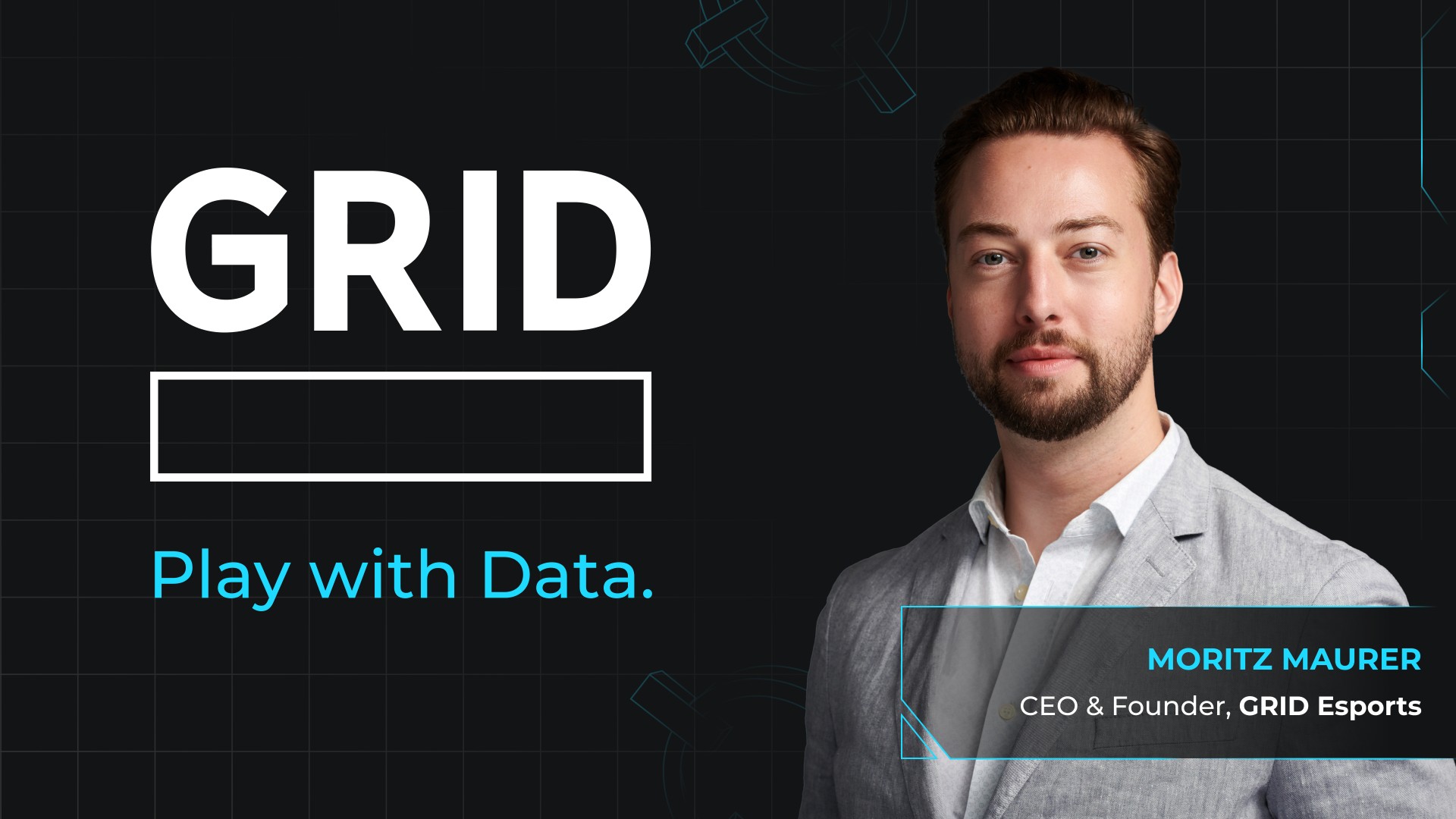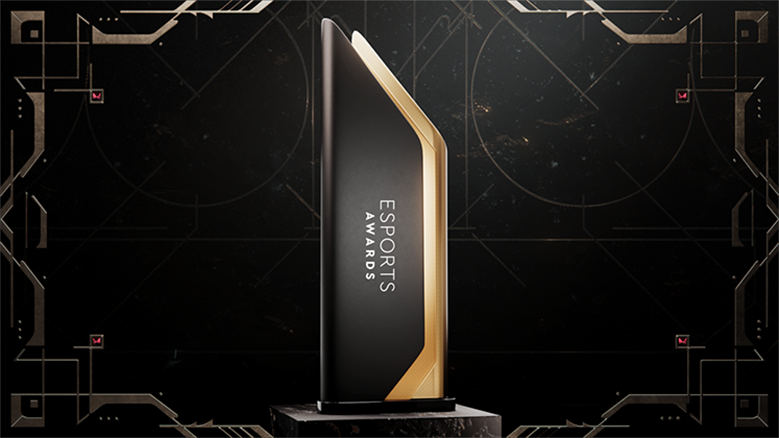
Compared to traditional sports you would expect that getting data in esports would be simple, after all, it’s already all electronic so collecting the data should be just a case of recording it all. But in reality, implementing the systems to collect and analyse the data is incredibly complex, and one company has taken up the challenge to become a leader in the esports data space.
“When you play games 1000s of data points are triggered and it all happens in real time, and this data is super relevant for a lot of use cases,” says Moritz Maurer, CEO of GRID Esports. “It’s an important element in coaching and talent scouting. It’s something that is used to improve the broadcast experience, drive more engagement make esports more accessible. The regulated betting sector relies on official data heavily. And if you want to go anywhere and find out results, someone has to facilitate that.”
GRID Esports was founded by Maurer in 2018 and aimed to improve how data is used in esports. What started out as a small company hoping to make an impact on how the industry operates has now grown into a valuable resource for many of the biggest publishers and leagues in the world. GRID now has almost 100 employees, multiple deals covering top games, and is a finalist for the Esports Supporting Service of the Year award.
Five years after starting out GRID now works with publishers such as Riot Games, Krafton and most recently Ubisoft, providing data infrastructure, a variety of systems and data analysis for their top esports. While this data is obviously useful for the publishers and devs, it also benefits fans in a number of ways you might not expect.
“There are many ways in which you might interact with GRID data already,” says Maurer. “Be it for different coaching solutions that are powered by it or be browsing websites, like for example GosuGamers to inform yourselves of recent results or watch a live score centre. This is all powered by us. If you go on a bookmaker and you bet on it, the odds are ultimately driven by the official data that we cater to. And if you’re watching a broadcast and we see a cool sponsorship activation with a gold difference graph or win probability, and in many cases, this is exactly what we unlock for the fan. So as a fan, you don’t interact with GRID directly. But what we do ultimately powers a lot of the things that are part of the experience.”
It has been a long journey for Maurer and his core team, who have been working to make sure that the wealth of data that is available in esports is being used to its maximum potential. While they are still aiming to do even more, it’s clear that they have already started to achieve that goal, with data becoming a much larger part of the esports ecosystem over recent years, and the recognition of their award nomination is proof of that success.
“When we were nominated that made us look back because nomination coincided with us hitting the five-year milestone,” says Maurer. “And it is a nice moment of reflection and feels good that this is also recognised in the wider scope of esports, which we really care about and live in it every day.”




